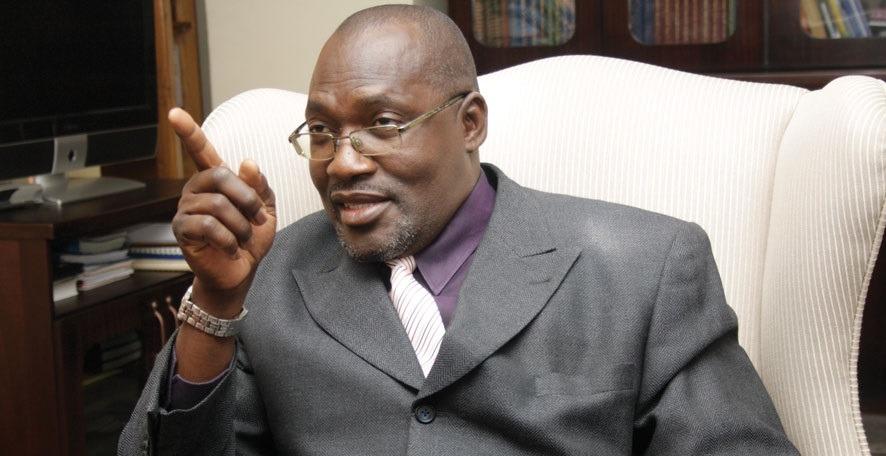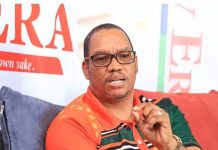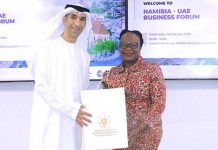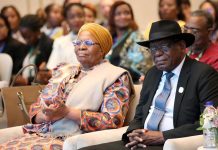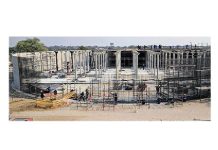Africa-Press – Namibia. THE controversial oil and gas drilling project in the Kavango is under fire again. Tjekero Tweya, the chairperson of the Parliamentary Standing Committee on Natural Resources, has come out guns blazing against ReconAfrica for the 10% stake in the project the oil and gas exploration company allocated to the National Petroleum Corporation of Namibia (Namcor).
Local communities, alliances, celebrities, and scientists from the international community have petitioned the Namibian government to stop the drilling project because of the Okavango Delta’s biodiverse ecosystem. According to Tweya, it is the responsibility of the standing committee on natural resources to respond to this petition.
At a consultative meeting, he asked Namcor board members how Namibians will benefit from the petroleum exploration licence in the Kavango region, and why only 10% was allocated to Namcor, while ReconAfrica holds the majority 90% interest in the project.
“Recon applied for a licence to explore on those six blocks (of land). How did Namcor get the 10%? Don’t make it complicated. You are not speaking to uninformed members, so don’t waste our time. Give us accurate information so we can inform parliament,” Tweya said.
Chairperson of the Namcor board, Jennifer Comalie, said Recon made a proposal to the Ministry of Mines and Energy, which it accepted. “They could’ve said 30% or something, but the mines ministry approved the licence with those conditions,” Comalie said.
“We would like to get more. However, this is not up to us. The country needs to develop legislation or policies which can guide investors on what percentage is given to SOEs by investors. We are just on the receiving end. It is on you policymakers to determine what percentage should be given. As a state-owned enterprise, we should have more involvement in these licences, but is for you to give guidance on these policies,” Comalie said.
The Namcor board informed the committee that since the inception of the project in 2015, ReconAfrica has spent a total of US$50 million on the Kavango oil and gas project.
Also, that the Namibian government has not paid a single cent towards the project. That meant most of the risks and losses would be imparted onto Recon Africa.
They said benefits for Namibians in the project include employment, as well as on-the-job training for Namcor employees and university students, as the country has not seen a project of this nature since 1991.
Mike Kavekotora, a member of the natural resources committee, shared Tweya’s concerns. He said if the project were to reach a production stage, Namibia’s profits would remain stagnant in lieu of the 10% Namcor stake and that the country’s resources would largely be in foreign hands. He said consultative meetings such as this will help lawmakers give recommendations and amend some of these laws.
Giving a glimpse at the current financial value of the project, Martin Negongo, asset manager at Namcor, said based on share prices, the market value of the Kavango oil and gas drilling project stood at US$877 billion as on 27 July 2021, while Namcor’s 10% share allocated by Recon through the Petroleum Exploration Licence (PEL) 73 equates to US$87,7 million.
For More News And Analysis About Namibia Follow Africa-Press

